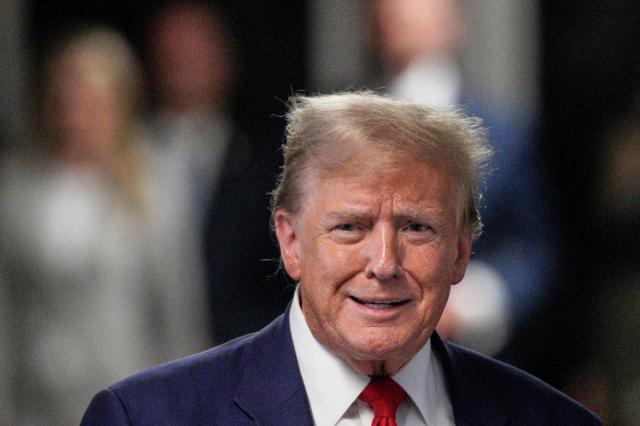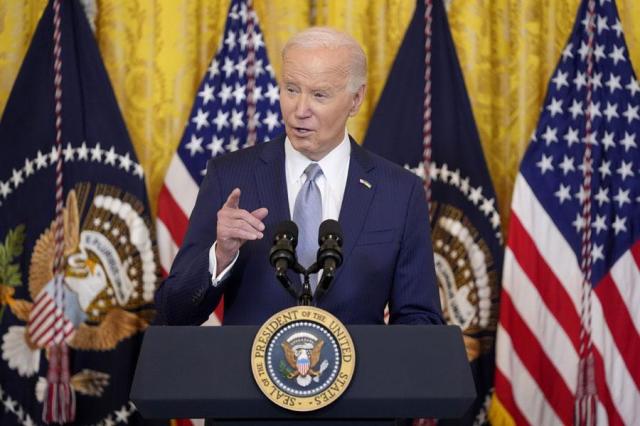
In an interview with TIME Magazine released on Tuesday, the Republican presidential candidate who eyes another presidency referred to South Korea as a "very wealthy country." He told the magazine, "We have 40,000 troops that are in a precarious position. Which doesn't make any sense. Why would we defend somebody? And we're talking about a very wealthy country."
He was referring to the 28,500 American soldiers stationed in South Korea, a country that technically remains at war with North Korea. That was interpreted as the same antics he used to resort to during his presidency. In 2019, Trump had demanded $5 billion a year from Seoul, an amount nearly six times higher than the previous year's defense cost-sharing that Korea had been paying.
Trump's threat to withdraw U.S. Forces Korea (USFK) service members looks to be absurd as the U.S.' National Defense Authorization Act prohibits a downsizing of American troop presence in Korea below the current 28,500. For any further reduction, Congress mandates proof that the downsizing benefits national security interests and negotiations with concerned allies.
Trump still seems to be riding on a narrative that America's allies do not pay enough for their own defense, and Korea is a particular bugbear.
But the current agreement regarding defense cost-sharing will remain until the end of 2025, and the two allies have recently begun negotiations on defense cost-sharing.
Since 1991, Seoul has shared the cost of maintaining the U.S. troops stationed here including expenses for Korean workers in the U.S. military bases and construction of military facilities. In March 2021, the two countries agreed that South Korea would bear 1.18 trillion won ($1.05 billion), a 13.9 percent increase from the previous year.
Copyright ⓒ Aju Press All rights reserved.





View more comments